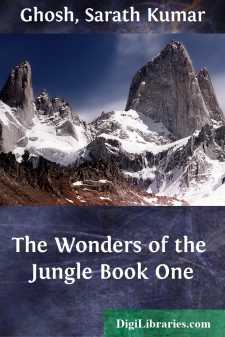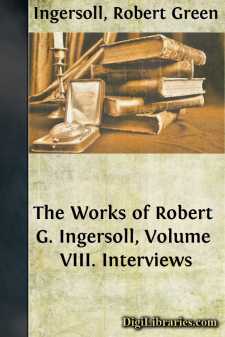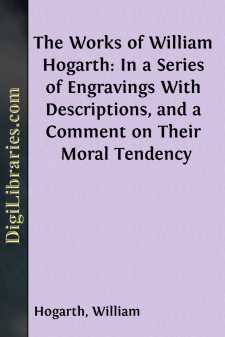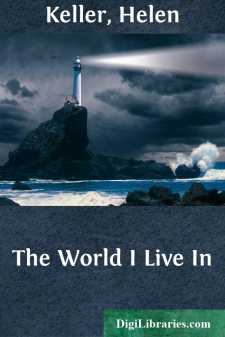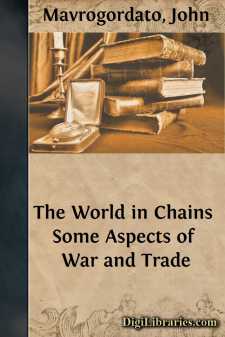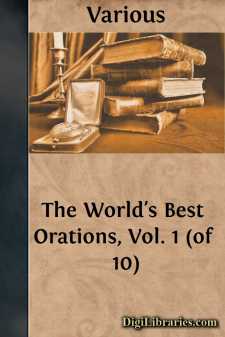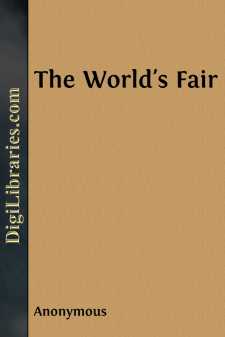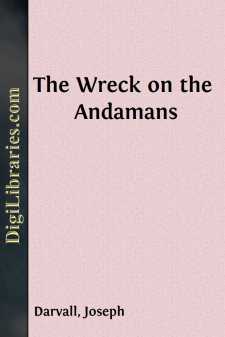Non-Classifiable
- Non-Classifiable 1768
Non-Classifiable Books
Sort by:
PREFACE One of the great thinkers of the world has said that all the sciences are embodied in natural history. Hence natural history should be taught to a child from an early age. Perhaps the best method of teaching it is to set forth the characteristics of animals in the form of a narrative. Then the child reads the narrative with pleasure and almost as a story, not as a tedious "lesson." I...
more...
CHAPTER I The Elephant Herd a Republic An elephant herd is a kind of republic, something like the United States of America, only much smaller and much simpler. So its leader is a sort of president. He is usually the wisest elephant in the herd. You may like to know how the elephants choose their president. I shall tell you how they do that. But you must first consider how the people of the United...
more...
Page ix INTRODUCTION THE ABC OF IRON AND STEEL In spite of all that has been written about iron and steel there are many hazy notions in the minds of many mechanics regarding them. It is not always clear as to just what makes the difference between iron and steel. We know that high-carbon steel makes a better cutting tool than low-carbon steel. And yet carbon alone does not make all the difference...
more...
THE BIBLE AND A FUTURE LIFE Question. Colonel, are your views of religion based upon the Bible? Answer. I regard the Bible, especially the Old Testament, the same as I do most other ancient books, in which there is some truth, a great deal of error, considerable barbarism and a most plentiful lack of good sense. Question. Have you found any other work, sacred or profane, which you regard as more...
more...
by:
William Hogarth
THE LIFE OF HOGARTH. William Hogarth is said to have been the descendant of a family originally from Kirby Thore, in Westmorland. His grandfather was a plain yeoman, who possessed a small tenement in the vale of Bampton, a village about fifteen miles north of Kendal, in that county; and had three sons. The eldest assisted his father in farming, and succeeded to his little freehold. The second settled...
more...
by:
Helen Keller
THE SEEING HANDI HAVE just touched my dog. He was rolling on the grass, with pleasure in every muscle and limb. I wanted to catch a picture of him in my fingers, and I touched him as lightly as I would cobwebs; but lo, his fat body revolved, stiffened and solidified into an upright position, and his tongue gave my hand a lick! He pressed close to me, as if he were fain to crowd himself into my...
more...
The Massacre of Colleagues The existence of war in the modern world is primarily a question for the moral philosopher. It may be of interest to the anthropologist to consider war as a gallant survival with an impressive ritual and a code of honour curiously detached from the social environment, like the Hindu suttee; or with a procedure euphemistically disguised, like some chthonic liturgy of ancient...
more...
by:
Various
THE ORATORY OF ANGLO-SAXON COUNTRIES By Edward A. Allen, Professor of Anglo-Saxon and English Literature in the University of Missouri English-speaking people have always been the freest people, the greatest lovers of liberty, the world has ever seen. Long before English history properly begins, the pen of Tacitus reveals to us our forefathers in their old home-land in North Germany beating back the...
more...
by:
Anonymous
THE WORLD'S FAIR; OR, CHILDREN'S PRIZE GIFT BOOK OF THE What a pretty picture we have in the first title page, of the Great Exhibition in Hyde Park! This gigantic structure is built of iron, glass, and wood; but as, at a distance, it seems to be made entirely of glass, it is called the "Crystal Palace." Does it not look like one of those magnificent palaces we read about in fairy...
more...
by:
Joseph Darvall
PREFACE. The Author, owing to circumstances, has had access to authentic documents and facts, relating to one of the most remarkable shipwrecks which have ever happened, that of the troop-ships Runnymede and Briton, on the morning of the 12th of November, 1844, upon one of the Andaman Islands. In reading these, it struck him forcibly, that the circumstances, if thrown into the shape of a narrative,...
more...


